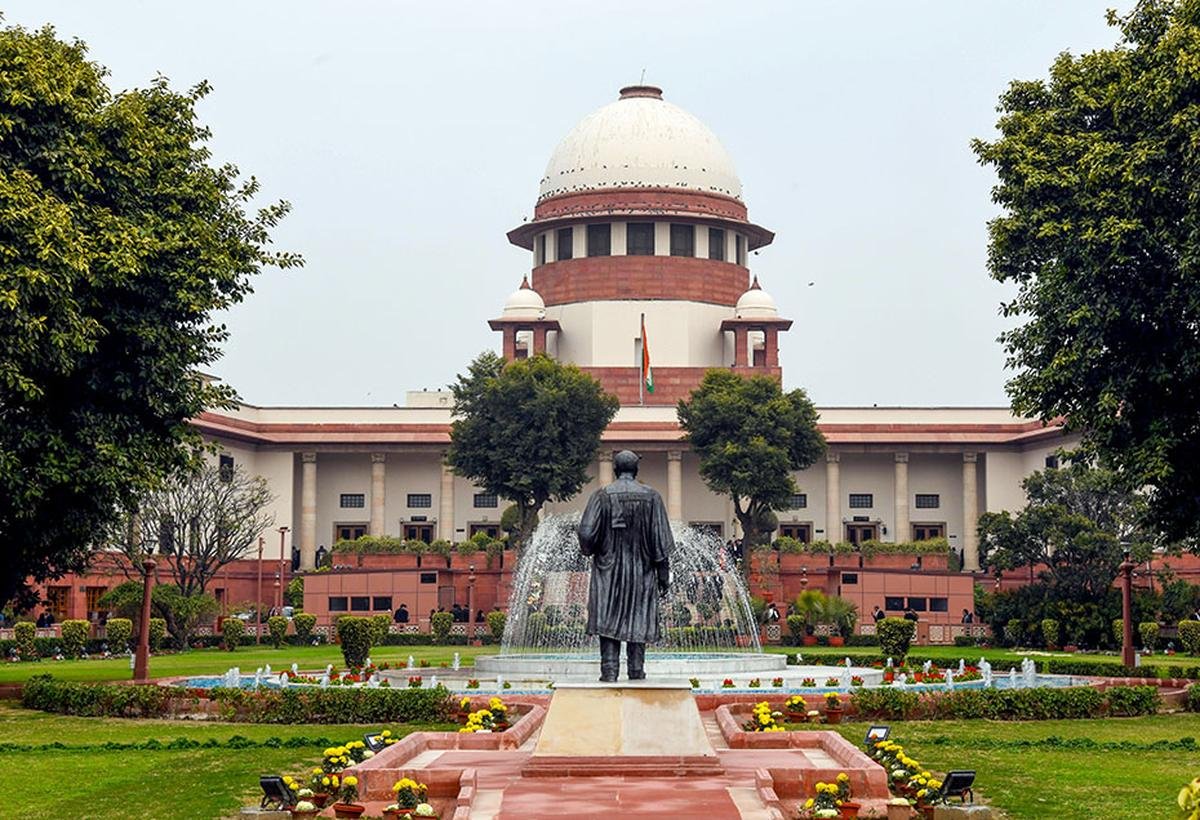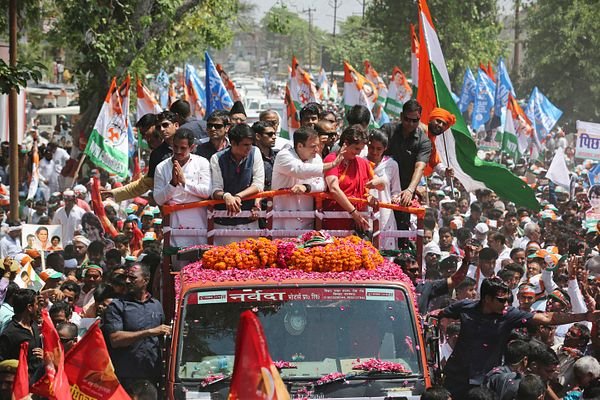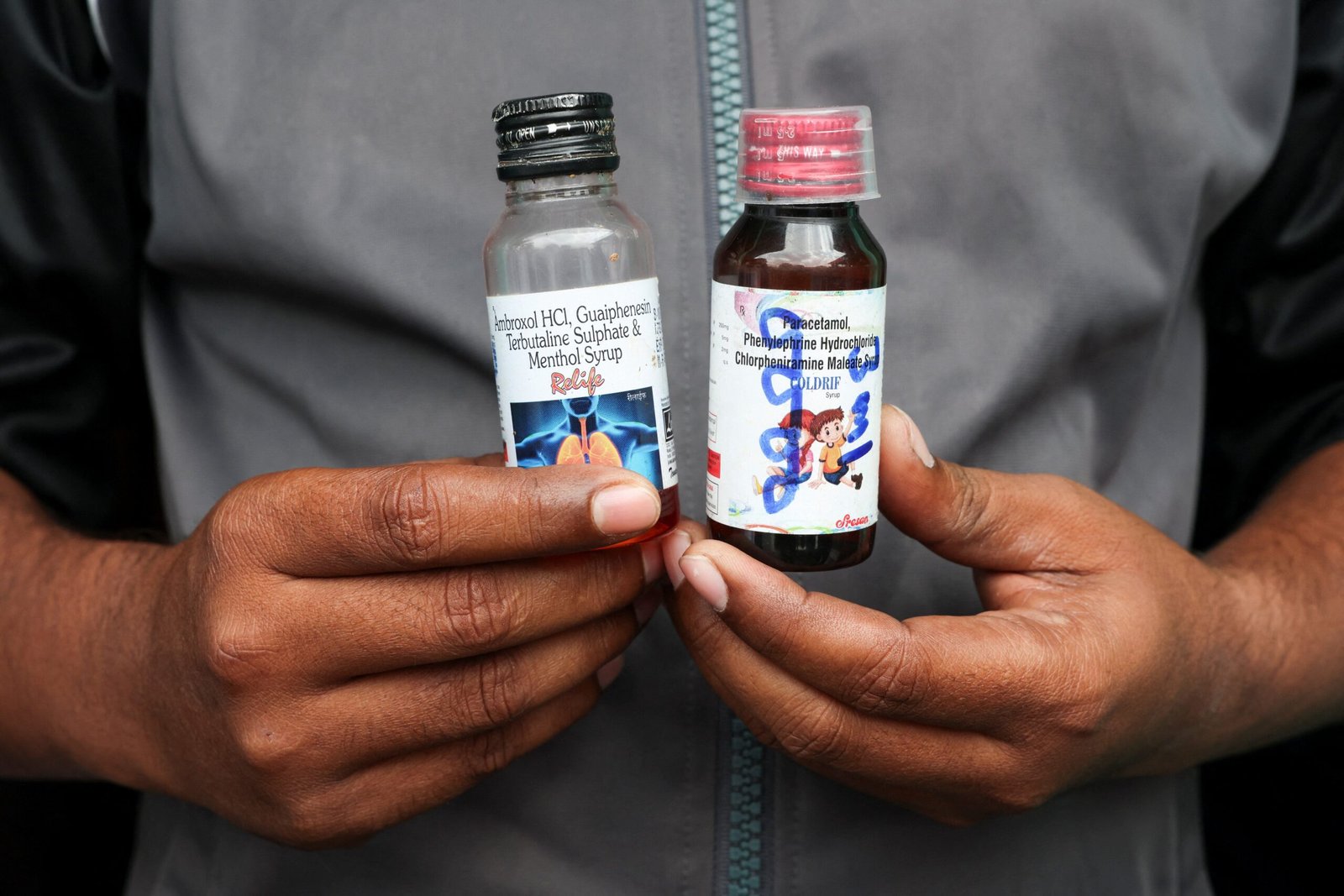Context
The Supreme Court recently expressed serious concern over the delay in implementing court orders. As of October 2025, over 8.82 lakh execution petitions are pending in district courts. The Court said such delays make justice meaningless if people cannot actually receive what the court has already granted them.
What is an Execution Petition and Its Importance
- After winning a civil case, the court issues a decree that states what each party must do, like paying money or vacating property.
- To make this decree effective, the winning party files an execution petition, asking the court to ensure that the order is carried out.
- This is the final stage of a civil case, the stage where the “fruits of justice” are delivered.
- Timely execution safeguards rule of law, public confidence in the judiciary, and ensures that rights are truly upheld.
- But if there’s too much delay, even winning a case can feel meaningless.
Data Insights and State-wise Trends
- On average, a civil case in India takes about 5 years to finish. After that, the execution stage adds another 4 years.
- Nearly half (47%) of all pending execution petitions were filed before 2020.
- Highest pendency:
- Bombay High Court region – about 4 lakh cases.
- Madras High Court region – about 86,000 cases.
- Kerala High Court region – about 83,000 cases.
- These figures show that the problem is serious and uneven across different states.
Supreme Court’s Role and Actions
- In 2021, the Court issued 14 directions to ensure faster disposal of execution petitions, including a 6-month time limit.
- In March 2025, the Court again took up the issue in a property dispute and ordered nationwide monitoring of execution delays.
- By October 2025, about 38 lakh cases were cleared, but 8.82 lakh were still pending.
- The Court has now given six more months to High Courts to clear the backlog and demanded explanations from states like Karnataka for non-compliance.
Why Pendency Persists (Main Reasons) and Way Forward
| Challenges | Way Forward |
| Too many procedures: The law requires fresh notices and hearings at the execution stage, giving the losing party multiple chances to delay. | Simplify procedures and set strict time limits for each stage. |
| Lack of lawyers: Almost 39% of cases are delayed because advocates are not available on hearing dates. | Create legal aid panels and ensure proper scheduling of hearings |
| Court stays: Higher courts often pause execution proceedings (about 17% of cases). | Limit stay orders to genuine cases and fix short timelines for objections. |
| Missing documents: Around 12% of cases get stuck because required documents are not ready. | Use digital systems for e-records, e-auctions, and faster document verification. |
| Weak infrastructure: Shortage of judges, poor case management, and slow administrative work add to delays. | Increase judicial strength and create separate benches for execution matters. |
| Lack of detailed data: Authorities don’t have enough information to identify which types of execution cases face the most delay. | Collect detailed information on different types of execution cases. |
| Regional differences: Some states like Maharashtra and Tamil Nadu face much higher pendency due to heavy workload and local issues. | Plan reforms as per local conditions and provide more resources where needed. |
| Weak monitoring and accountability: Lack of regular reviews and consequences leads to unchecked judicial delays. | Regularly review progress and make district courts answerable to High Courts. |
Conclusion
Delays in execution make justice incomplete. True reform means not just winning cases but enforcing judgments quickly. Simplified rules, better data, and stronger judicial systems are vital to restore people’s faith in timely justice.
| Ensure IAS Mains Question Q. “Delays in execution proceedings defeat the very purpose of justice delivery.” Discuss the major reasons behind the pendency of execution petitions in India and suggest measures to ensure timely enforcement of court decrees. (250 words) |
| Ensure IAS Prelims Question Q. Consider the following statements about execution petitions in India: 1. An execution petition is essential to convert a court’s decree into practical relief for the winning party. 2. Delays in execution petitions can undermine public confidence in the judiciary. 3. Execution petitions can be avoided if the losing party voluntarily complies with the decree. Which of the statements given above is/are correct? a) 1 and 2 only b) 2 and 3 only c) 1 and 3 only d) 1, 2, and 3 Answer: d) 1, 2, and 3 Explanation: Statement 1 is correct: Execution petitions are the mechanism to enforce court orders, ensuring the winning party receives the decree. Statement 2 is correct: Long delays in execution weaken trust in the judicial system, as winning a case does not guarantee timely relief. Statement 3 is correct: If the losing party voluntarily obeys the decree, formal execution proceedings may not be necessary, though the petition remains a legal safeguard. |
Also Read | |
| UPSC Foundation Course | UPSC Daily Current Affairs |
| UPSC Monthly Magazine | CSAT Foundation Course |
| Free MCQs for UPSC Prelims | UPSC Test Series |
| Best IAS Coaching in Delhi | Our Booklist |





